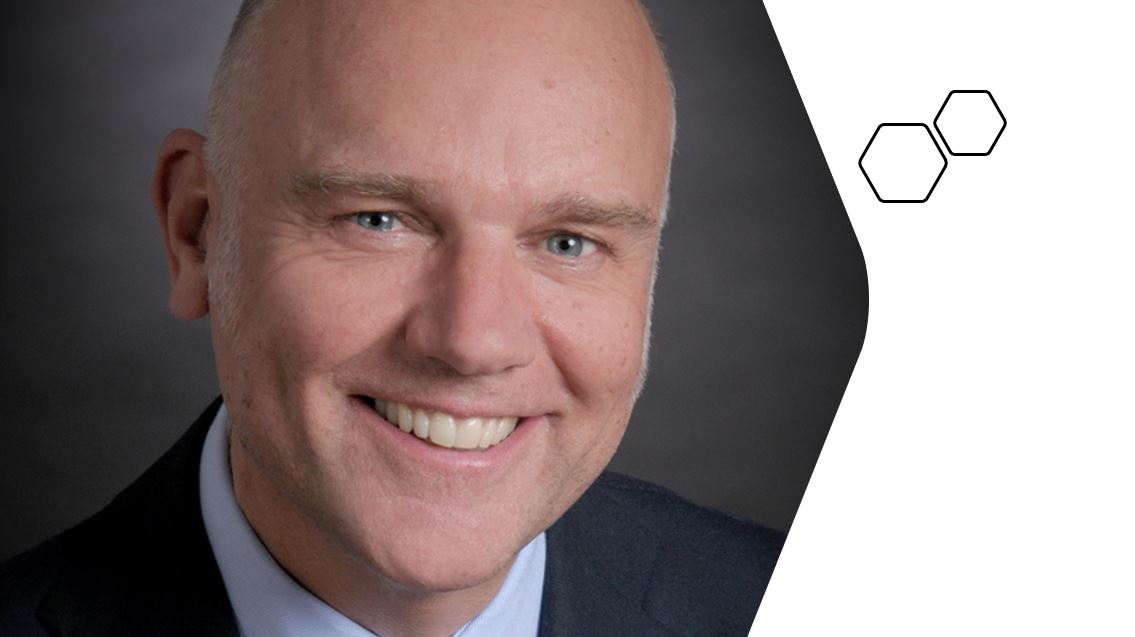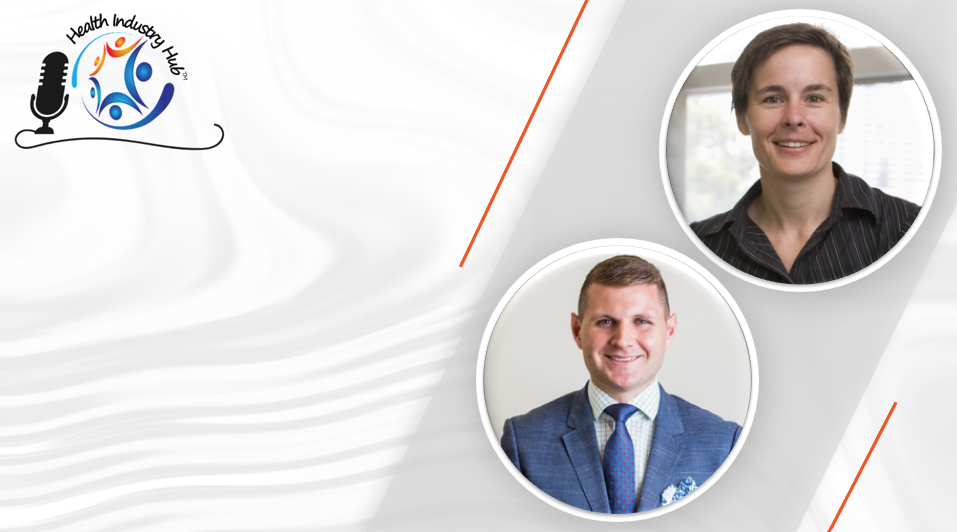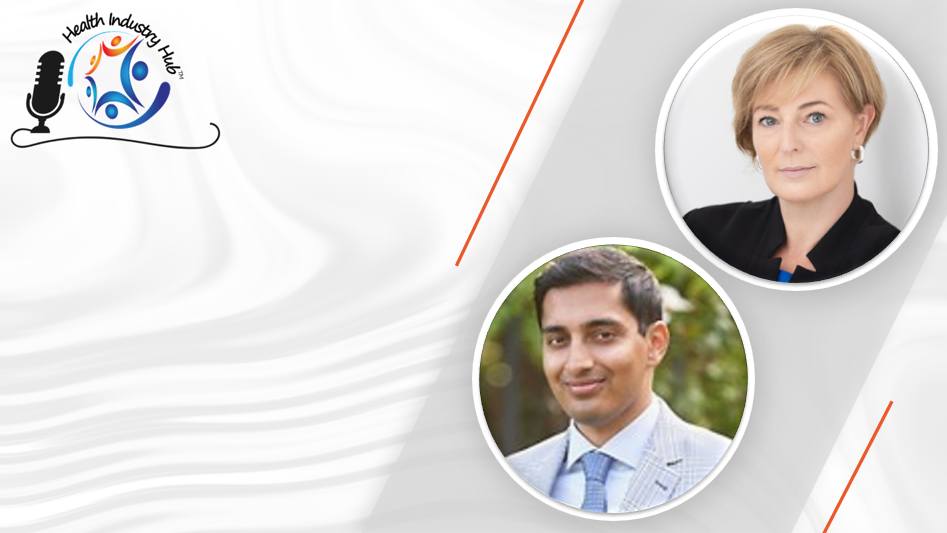Medical
Australians with cardiovascular disease at higher risk COVID-19 complications

Medical News: Australia is ‘doing well so far’ acting to contain the spread of COVID-19 but ‘must increase vigilance and adopt even stricter measures’ to avoid the trajectory the disease has taken in Northern Italy,’ said Professor Nigel Jepson, interventional cardiologist at Prince of Wales Hospital and Medical Director of Eastern Heart Clinic, Randwick NSW.
Particularly vulnerable are the 1.2 million Australians currently living with cardiovascular disease (CVD), more than 1 in 4 (26%) of those aged 75 and over have heart, stroke and vascular disease.
This group and people with other conditions that affect the heart and vascular system, such as high blood pressure, chronic respiratory disease and diabetes, are at elevated risk of developing complications if they contract COVID-19. In an ordinary year, CVD already leads to an average of more than 1 million hospitalisations.
Register FREE and join 20,000+ industry professionals who receive the latest industry news, innovations and insights from Health Industry Hub; the ONLY one-stop-hub connecting Australia’s Pharma, MedTech and Biotech industry professionals.
“We can see from the data in Wuhan that patients with an underlying heart condition may not be more likely to become infected in the first place but are at higher risk of developing complications including breathing problems, abnormal heart rhythms or, ultimately, heart failure, than others,’ said Professor Jepson. This increased risk of death for people with CVD is estimated to be nearly 10% higher than a ‘healthy’ patient.
‘We don’t want to create fear or panic but I don’t think we’re really getting the message across that, while for most of us COVID-19 would be an innocuous disease to get, we need to adopt caution and care to slow the rate of spread as much as possible, in order to protect those who could be more seriously affected.
‘We also want to avoid clogging up hospitals. It makes no sense to say, ‘Let’s all get it now, and get it over with’ – that’s nonsensical and dangerous – because we need the emergency beds, equipment and personnel for acute COVID-19 patients or any other person requiring emergency medical care, or we will find ourselves buckling under the pressure, like the health services in Lombardy (northern Italy).” added Professor Jepson.
News & Trends - Pharmaceuticals

Heart Week: Uniting patient and cardiologist voices in shaping a new future for patient outcomes
Coinciding with the start of the Heart Week (9 – 12 May), Professor Gemma Figtree, Interventional Cardiologist and Immediate Past […]
MoreNews & Trends - MedTech & Diagnostics

‘It’s a marathon not a sprint’: Industry leaders chart next steps in medtech’s sustainability journey
Ahead of World Environment Day in June, Jane Crowe, Managing Director of Cardinal Health Australia and New Zealand and Pravin […]
MoreNews & Trends - Pharmaceuticals

Vaccination accounts for almost half of mortality decline in infants
Pharma News: Researchers have mapped the impact of vaccines to mark the 50-year anniversary of the Expanded Programme on Immunisation […]
MoreNews & Trends - Pharmaceuticals

AbbVie, Pfizer and Bayer therapies to be considered at upcoming PBAC intracycle meeting
Pharma News: Therapies from AbbVie, Pfizer and Bayer are due to be considered at the Pharmaceutical Benefits Advisory Committee (PBAC) […]
More